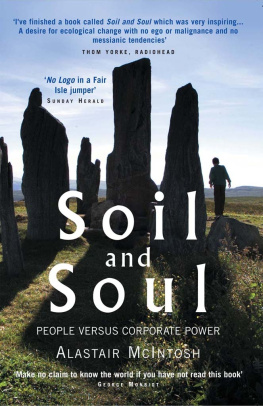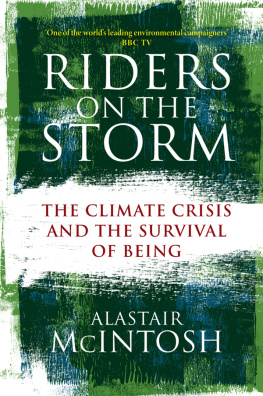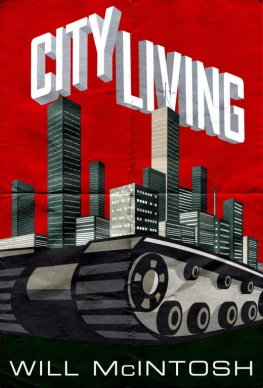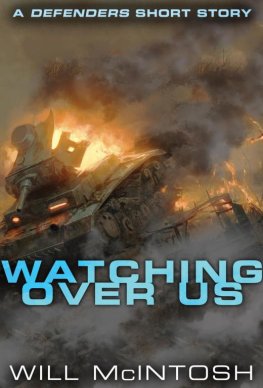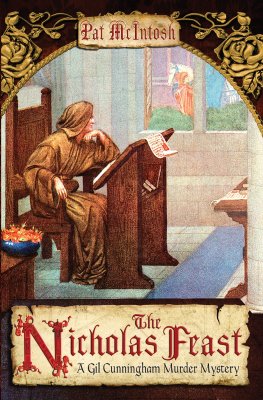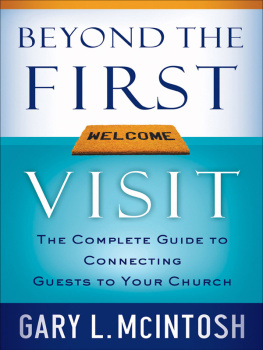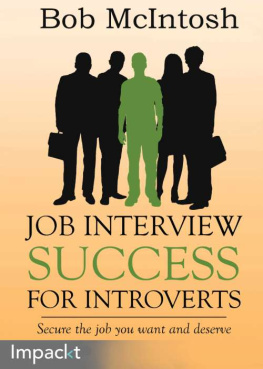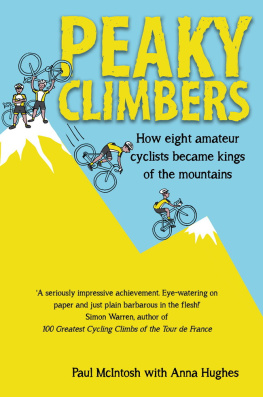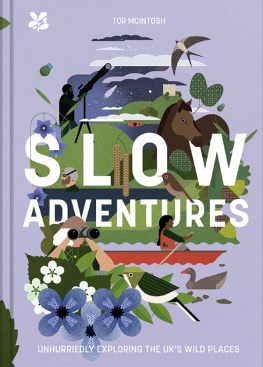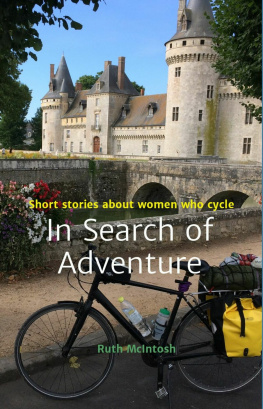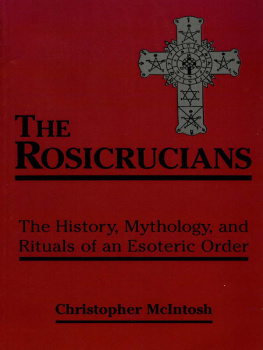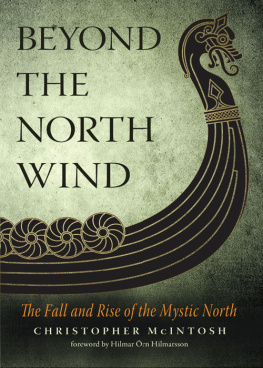Alastair McIntosh - Soil and Soul: People versus Corporate Power
Here you can read online Alastair McIntosh - Soil and Soul: People versus Corporate Power full text of the book (entire story) in english for free. Download pdf and epub, get meaning, cover and reviews about this ebook. year: 2004, publisher: Aurum Press, genre: Romance novel. Description of the work, (preface) as well as reviews are available. Best literature library LitArk.com created for fans of good reading and offers a wide selection of genres:
Romance novel
Science fiction
Adventure
Detective
Science
History
Home and family
Prose
Art
Politics
Computer
Non-fiction
Religion
Business
Children
Humor
Choose a favorite category and find really read worthwhile books. Enjoy immersion in the world of imagination, feel the emotions of the characters or learn something new for yourself, make an fascinating discovery.
- Book:Soil and Soul: People versus Corporate Power
- Author:
- Publisher:Aurum Press
- Genre:
- Year:2004
- Rating:3 / 5
- Favourites:Add to favourites
- Your mark:
Soil and Soul: People versus Corporate Power: summary, description and annotation
We offer to read an annotation, description, summary or preface (depends on what the author of the book "Soil and Soul: People versus Corporate Power" wrote himself). If you haven't found the necessary information about the book — write in the comments, we will try to find it.
It is easy to feel helpless in the face of the torrent of information about environmental catastrophes taking place all over the world.
In this powerful and provocative book, Scottish writer and campaigner Alastair McIntosh shows how it is still possible for individuals and communities to take on the might of corporate power and emerge victorious.
As a founder of the Isle of Eigg Trust, McIntosh helped the beleaguered residents of Eigg to become the first Scottish community ever to clear their laird from his own estate. And plans to turn a majestic Hebridean mountain into a superquarry were overturned after McIntosh persuaded a Native American warrior chief to visit the Isle of Harris and testify at the government inquiry.
This extraordinary book weaves together theology, mythology, economics, ecology, history, poetics and politics as the author journeys towards a radical new philosophy of community, spirit and place. His daring and imaginative responses to the destruction of the natural world make Soil and Soul an uplifting, inspirational and often richly humorous read.
Alastair McIntosh: author's other books
Who wrote Soil and Soul: People versus Corporate Power? Find out the surname, the name of the author of the book and a list of all author's works by series.

